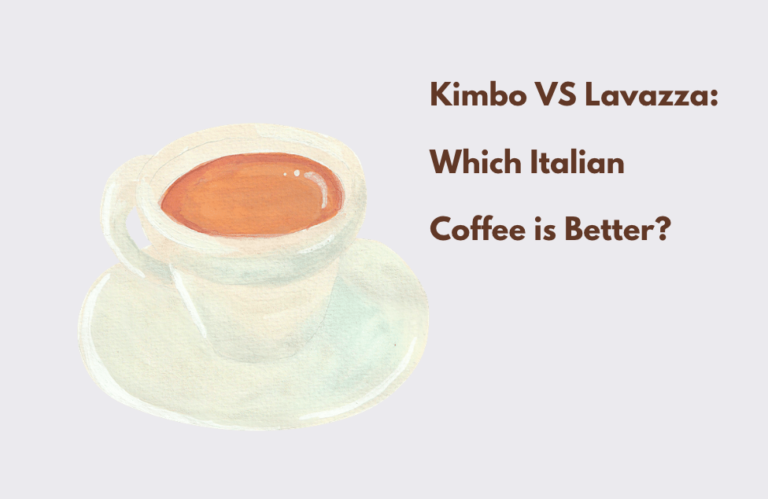
This post may contain affiliate links. As an Amazon Associate and a partner of other brands, I get a small commission if you purchase through my links, at no extra cost from you.
Check out our article and find out the differences for Colombian coffee vs Guatemalan coffee and choose your favourite one!
Colombia and Guatemala are two of the largest producers of coffee in the world. They are also known for producing some of the finest coffee in the world.
However, if you are not an expert on Colombian or Guatemalan coffee, it can be difficult to tell them apart. In this article we will compare these two types of coffee as well as describe their similarities and differences.
Colombian Coffee vs Guatemalan Coffee
Colombia and Guatemala are both coffee producing countries, but there are some differences between them. Colombia is the third largest producer of coffee in the world, while Guatemala is fifth.
Colombian coffee is known for its high quality because it’s grown at high altitudes and has a unique blend of soil types that allows for better growth conditions than those found elsewhere on Earth (where most other coffee comes from).
It has been said that Colombian people even use special tools called “cacharros” to help make their brews stronger!
The coffee producing region
Colombian coffee is produced in the country of Colombia, which is located in Central America. The main producing region of Colombian coffee is called Antioquia.
This high-altitude region produces some of the best Arabica beans in the world and has been growing them since colonial times when they were introduced by monks who were fleeing persecution from Spain.
Guatemalan coffee is grown mainly in Huehuetenango, Guatemala’s northernmost department, where it’s grown at lower altitudes than its Colombian counterpart (about 4500 feet vs 8100 feet).
Processing Method
The processing method is what sets these two coffees apart. Colombian coffee beans are washed and dried in the sun, while Guatemalan beans are washed.
This means that Colombian coffee has a stronger and more complex flavour, while Guatemalan coffee is more acidic and earthy.
Quality’s standards and international recognition
Both Colombian and Guatemalan coffees are known for their quality, but there are some differences. Colombian coffee has been internationally recognised since the beginning of the 1900s, when it won an award for its quality at the Panama International Fair in 1906.
In fact, Colombia is one of only three countries (along with Brazil and Indonesia) that have been producing coffee since 1750 and still do so today; this means that it’s had plenty of time to perfect its craft!
On the other hand, Guatemalan farmers began growing coffee plants as recently as 1910–but they’re quickly catching up! Today there are more than 1 million hectares planted with Arabica trees in Guatemala alone!
These are the Best Colombian Coffee Brands!
1. Amazon Brand – Colombian Canister Ground Coffee
Well…It’s not by chance chosen as the Amazon’s choice. Thousand of people prefer this coffee over any other!
2. McCafé Colombian – Medium-Dark Roast
Check out the reviews, the amount of people that bought it and then make your conclusions!
Colombia and Guatemalan coffee are similar but have distinct characteristics.
Colombian and Guatemalan coffee are similar, but distinct. They’re both medium-bodied and have mild acidity.
Colombian coffee is known for its smooth taste and sweet aftertaste, while Guatemalan tends to have more robust flavour notes (think chocolate, fruit or nuts). Both are great choices for brewing at home–or if you want to try something new in your favourite cafe!
The Best Guatemalan Coffee Brands!
1. Copper Moon Guatemalan Antigua Blend
Thousands of people trust this coffee as their main one, so why don’t you?
2. Patria Guatemala Medium Roast Ground Coffee
Another great option, and actually my favourite among any other brand. I challenge you to try this out and you won’t regret it!
Conclusion!
We hope that you have enjoyed reading this article. We know that there are many readers out there who love coffee and want to learn more about it. We hope that our blog posts will help you do just that!






